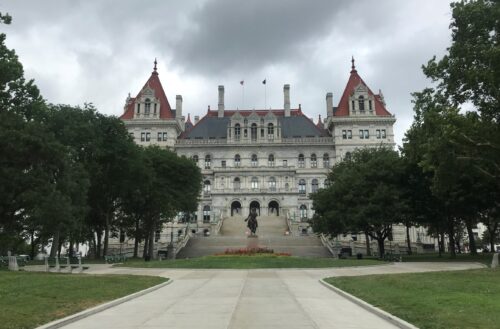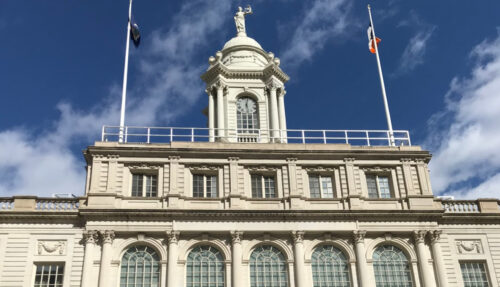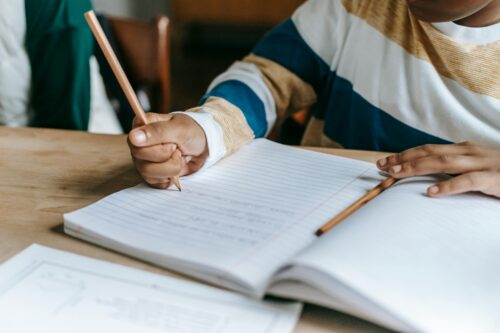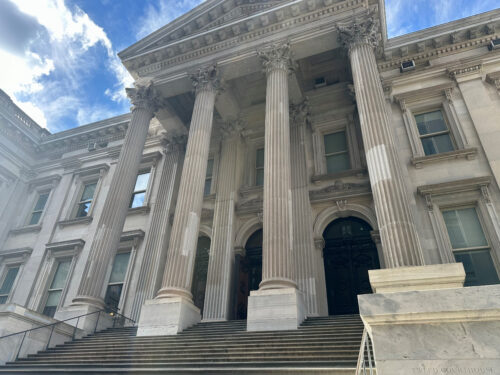
AFC testified on the proposed state education budget for 2015–2016, urging the Legislature to increase funding for pre-K, Career and Technical Education (CTE), and to support English Language Learners (ELLs) and immigrant students; reject the Executive Budget special education waiver proposal; modify the charter school proposal to ensure that charter schools serve high-needs populations; support the proposal to establish regional rates for Special Education Itinerant Teacher (SEIT) services; and increase education funding overall.





